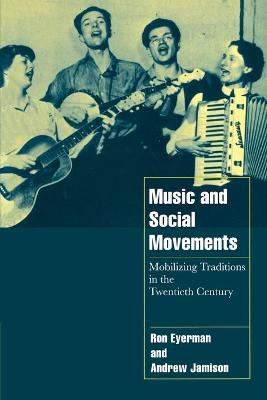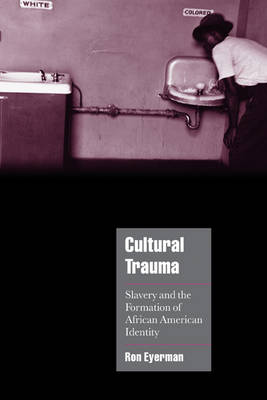Cambridge Cultural Social Studies
2 total works
Building on their studies of sixties culture and theory of cognitive praxis, Ron Eyerman and Andrew Jamison examine the mobilization of cultural traditions and formulation of new collective identities through the music of activism. They combine a sophisticated theoretical argument with historical-empirical studies of nineteenth-century populists and twentieth-century labour and ethnic movements, focusing on the interrelations between music and social movements in the United States and the transfer of those experiences to Europe. Specific chapters examine folk and country music, black music, music of the 1960s movements, and music of the Swedish progressive movement. This highly readable book is among the first to link the political sociology of social movements to cultural theory.
In this book, Ron Eyerman explores the formation of the African-American identity through the theory of cultural trauma. The trauma in question is slavery, not as an institution or as personal experience, but as collective memory: a pervasive remembrance that grounded a people's sense of itself. Combining a broad narrative sweep with more detailed studies of important events and individuals, Eyerman reaches from Emancipation through the Harlem Renaissance, the Depression, the New Deal and the Second World War to the Civil Rights movement and beyond. He offers insights into the intellectual and generational conflicts of identity-formation which have a truly universal significance, as well as providing a compelling account of the birth of African-American identity. Anyone interested in questions of assimilation, multiculturalism and postcolonialism will find this book indispensable.

